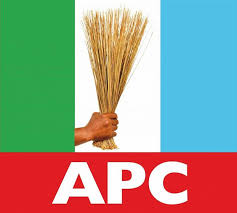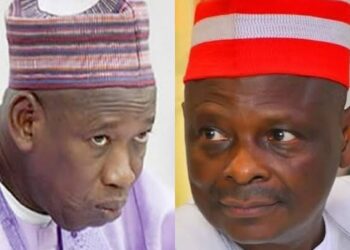The Director, Abuja School of Social and Political Thought, Dr Sam Amadi and other stakeholders, have criticised the elongation of term in office, urging African leaders to regard the principles of democracy, especially when given the opportunity to serve.
The director stated this in Abuja at a roundtable discussion on “Tenure Elongation and the Crisis of Democracy in West Africa- A reflection on Senator Ken Nnamani’s book entitled: Stand Strong.”
Amadi said, “If you come to power with a limited tenure, do not try to change it because you feel that you know well, you are patriotic, or you have the capacity to change the country. No country exists longer than individuals. So, once you are elected, after your first tenure, you can seek for re-election. At the end of the tenure, then leave power so that other people can serve.
“You can still play a role in stabilizing, mobilize and advising. There is no person who is indispensable. That is why we say we need strong institutions, not just strong men, who will dominate their political environment and cause their countries to descend into chaos and conflict, as we see in Mali, Guinea and some other African countries,’’ he said.
Commending the power of the constitution, he said “constitutional limit on tenure is the best way to guarantee a smooth transition and sharing of power among diverse ethnic groups in countries such as West Africa.
“Democracy is not about strong leader, it is about strong institutions. Democracy does not mean a particular person is only person that can achieved success. Democracy requires that we build strong institutions.
“We are a multi ethnic society largely in West Africa, because we have fragile society, with high level of poverty and conflicts (resource conflicts, ethnic conflicts). If a tenure is four years or five years, you should focus on allowing succession so that when a leader tries his best, other leaders will come and build on that foundation. Any attempt to elongate tenure, can lead to ethnic conflicts or warfare. That is what you have seen in Mali and Guinea,’’ he added.
Speaking amongst the panelists, Prof. Udenta Udenta, urged leaders to respect the democratical structures. Adding democracy as what worked for the people and what response to their inner most yearnings and aspirations. “The wellbeing of the people is the first criteria of democratic governance, which include jobs shelter and food before others, etc.”
Another panelist, Dr. Law Mefor, expressed support for single six years tenure for elected officers and rotation of presidency between the northern and southern parts of Nigeria. “If six years single tenure is done an incumbent elected officials will not be worried about re-election but working for the people.”
Not leaving the female voice out, a panelist, Executive Director of the Electoral Hub Princess Hamman-Obels, said that democracy is about moderating power especially where it is perceived excess. Adding that one cannot make decisions alone.
The Abuja School is a collection of scholars, public intellectuals, policy experts and enthusiast and generally, ideas men and women committed to the rediscovery of the reflective life in the classical Socratic sense.
The discussion reflected on the Nnamani’s book, launched the previous day in Abuja, which looked at his tenure, particularly issues around the third term for the former President Olusegun Obasanjo. Specifically, to learn from Nnamani’s conduct in the National Assembly and it could be used to protect democracy in the West African sub region.He said that Nnamani’s book encouraged political leaders occupying important positions in the judiciary, the Legislature and the executive to conduct themselves with courage and ethical behaviour to protect democracy.




